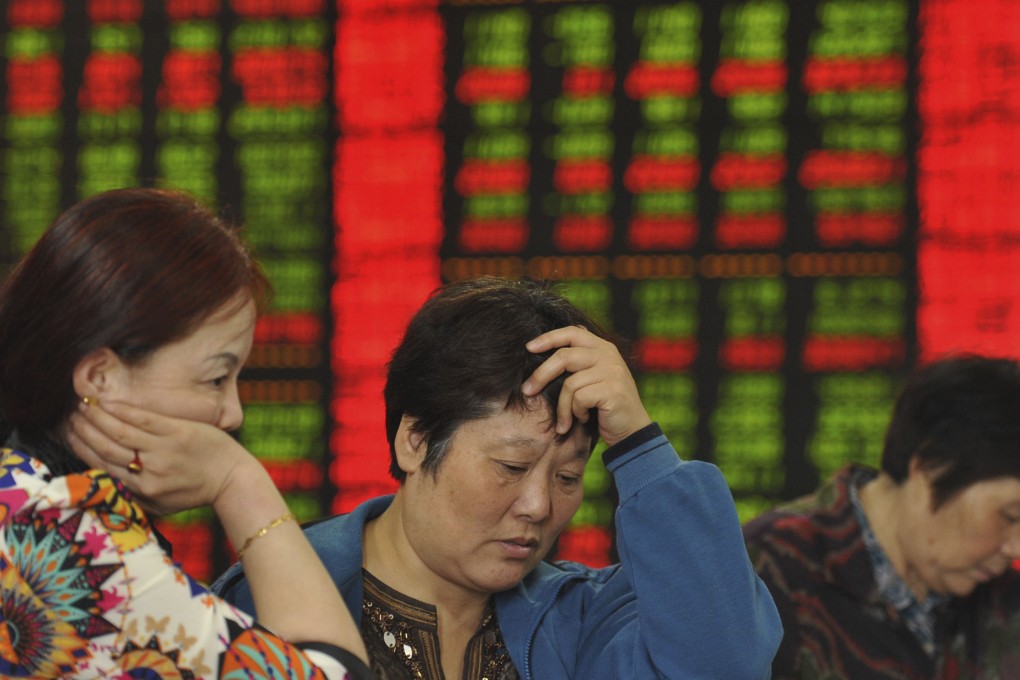New | After the fall: what will China do next to revive its stock markets?
Leaders took a bet boosting Chinese stock markets. What will they do in the wake of the plunge?

Just a few short weeks ago, Chinese state media were touting it as the place where people could realise what President Xi Jinping calls the "Chinese dream".
But since then, that dream has turned into a nightmare for the millions of mainlanders who heeded the leadership's call to invest in the stock market.
For a while, it looked like the gamble paid off. By the time the market peaked last month, it had risen by as much as 150 per cent since November.
But the collapse took only a fraction of that time - the market lost about 30 per cent from its height of 5,166 on June 12 to hit a low of 3,631 at yesterday's session, wiping off more than 20 trillion yuan (HK$25 trillion), or the equivalent of Britain's gross domestic product, just in three weeks.
Analysts said China would pay a high political, economic and social price for the tumble. The stock market fall would delay the slow economic recovery, complicate macroeconomic management, damage the government's credibility, trigger social discontent, and undermine the Communist Party's leadership under Xi and Premier Li Keqiang.
The market is now in clear bear territory and more volatility is likely, conditions that will test the leadership if things do not improve soon.